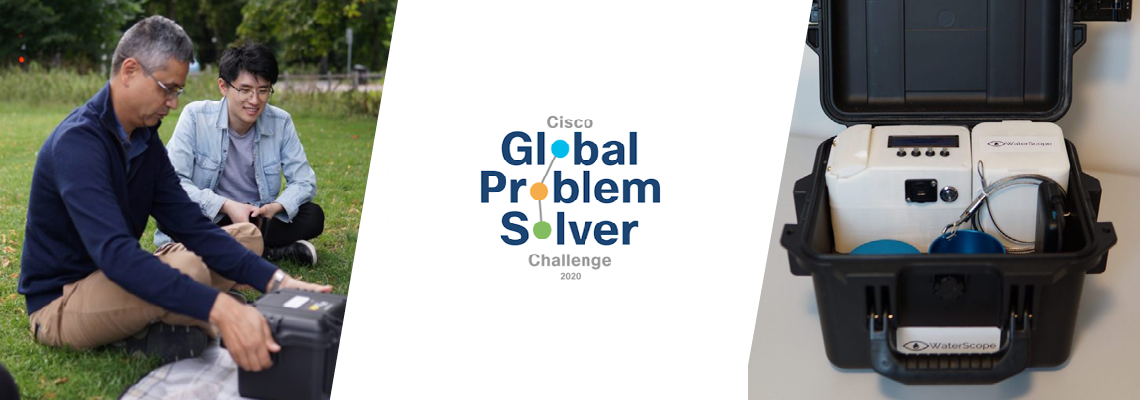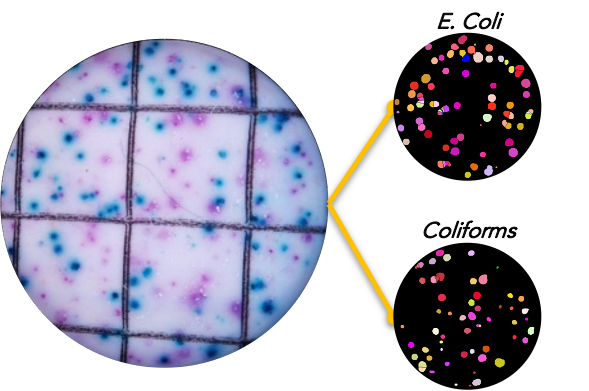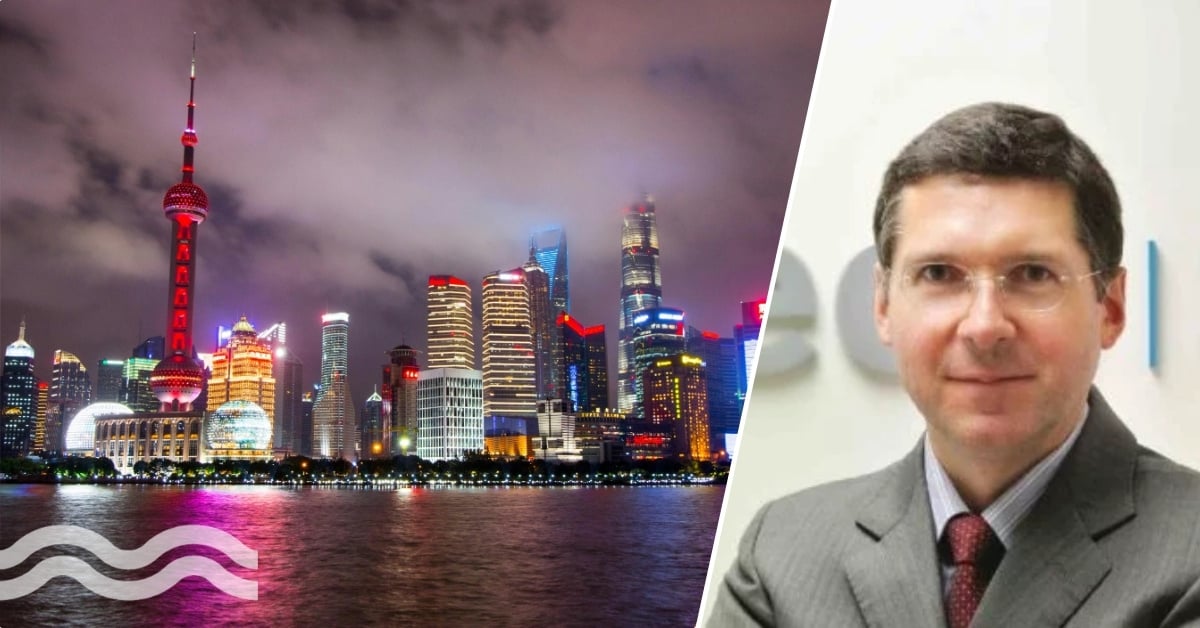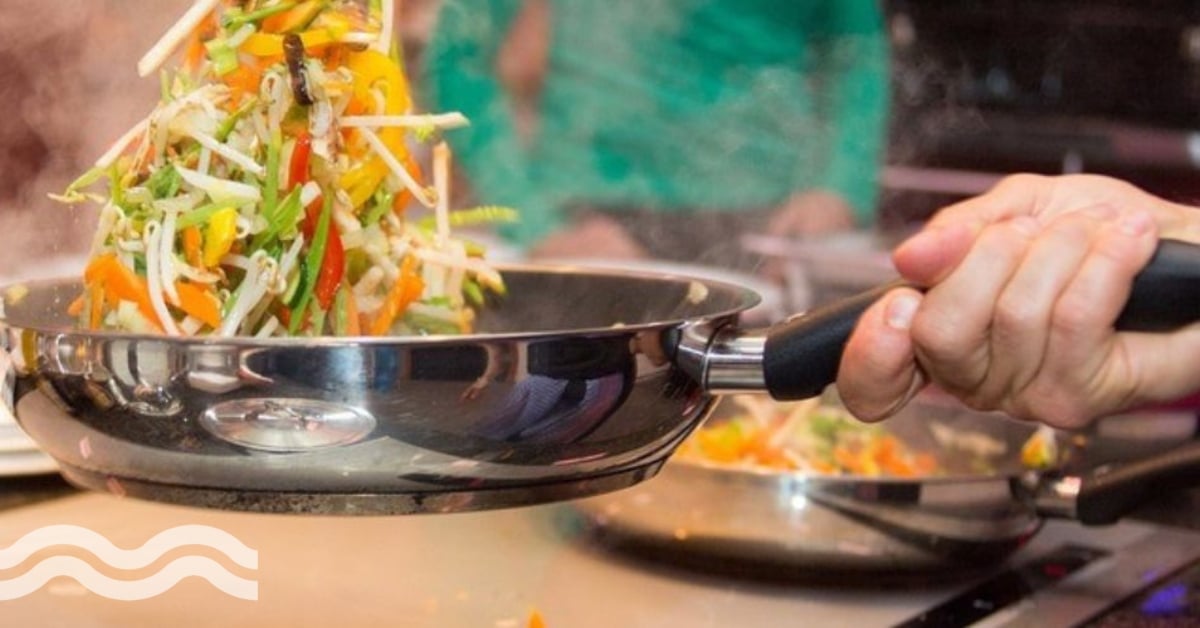How do you tell whether water is pure?

Start-up WaterScope has won the 2021 Cisco Global Problem Solver Challenge with its machine learning water quality tester designed to revolutionise a process that has not changed in over 30 years.
A timely solution to a historical problem
This year's winner of the Cisco Global Problem Solver Challenge is portable water testing start-up, WaterScope.
Founded in 2015 by Alexander Patto, Nalin Patel, Tianheng Zhao, and Richard Bowman, the team originally worked on a water purification project before one question kept coming up, "how do you tell whether the water is pure?”
“Globally, water-born bacterial infections lead to over 500,000 diarrheal related deaths each year.”
"At the moment, if you were to go into Tanzania, and there was a public tap, there’s just no way of knowing whether the water is safe to drink," said Alex Patto, co-founder and CEO of WaterScope.
"The community is quite removed from the testing facility that comes in. So, what we’re trying to do is make a test that anyone can understand whether the water has got bacterial contamination."
Globally, water-born bacterial infections lead to over 500,000 diarrheal related deaths each year, which is over 2,000 deaths every day - more than malaria and HIV combined.
Water testing equipment can be bulky, expensive and can take at least a day to give results that can be difficult for everyone to understand.
How WaterScope works
The WaterScope system allows the water testing lab into the field and gets results in 18 hours.
The small portable water bacterial testing kit uses reusable cartridges to filter local water. Once filtered, the water is put into WaterScope's imaging system and allowed to incubate for up to 18 hours.
"What we’re trying to do is make a test that anyone can understand whether the water has got bacterial contamination."
The cartridge features a disposable element allowing it to maintain the integrity of the test.
After the time has passed, it can be taken it out, and an image of the water can be captured. WaterScope then uses machine learning to identify the bacteria present in the water to check the purity of the water.
After the results are captured, they are sent in real-time to WaterScope's database, which will then allow mapping and real-time intervention from potential governance.
One of the biggest advantages of this system is that whoever is collecting the sample does not have to be trained in microbiology to understand the results, the company said.
"What we’re trying to do is make a test that anyone can understand whether the water has got bacterial contamination," added Patto.

Machine learning is used to identify bacteria
"The WaterScope system aims to be empowering for the community. It allows the community to put mechanisms in place, to clean the water locally and get sustainable change at a local level.”
Big plans for Cisco winners
The company already has prototypes that have been tested in the field, and now Waterscope is looking to convert these prototypes to post-production prototypes for manufacturing.
Machine learning is also a big focus of the company going forward.
"The other side is to firm up the software, improving machine learning, improve the way we use cloud technology, and flesh out more of the community impact side of things," added the CEO.
WaterScope is aiming to commercialise its product by the end of 2022. Funding from the Cisco prize will be used for an implementation project involving 10 potential communities.


